Compact Course Winter Semester 2020
Lecturer: Constantin Pape; Teaching Assistant: Adrian Wolny
Overview
Deep Learning is the basis of many current computer vision tasks that are fundamental to a wide range of applications such as object recognition for self driving cars, classification for automated image tagging or image analysis for scientific discovery in the life sciences.
In this compact course, we will learn how to train neural networks for vision tasks such as image classification, segmentation and object detection, by applying these methods to common vision datasets. We will use the very popular framework pytorch.
Curriculum
We will cover the following topics in lectures and exercises [methods in parenthesis]:
- Basics of machine learning for computer vision [feature extraction, multi-layer perceptron]
- Image classification [Convolutional Neural Networks]
- Image segmentation [U-Net, post-processing]
- Object detection [Transformers?]
- Practical tricks [Data Augmentation, Loss Functions, Architectures]
Format
The compact course will run over a week and consist of lectures in the morning and practicals in the afternoon (in person or via zoom). The lectures will be held in person, the instructors will be available during the afternoon to help with the course exercises. The exercises will be given as jupyter notebooks and are hosted on github. We recommend to run the exercises via google colab, which offers a free gpu and has all necessary software preinstalled.
Venue and Registration
Lectures & Practicals
The course will be held from October 5th until October 9th. In the morning, we will give lectures and Q&A from 9:30 until 12:30 and afternoon practicals run from 13:30 to 17:30. The course will be held in the rooms 02.103 and 02.104 in INF 205 (Mathematikon). In accordance with the current corona prevention measures, we have space for 20 participants.
Prerequisites
You should be familiar with basic machine learning and/or computer vision concepts based on one of the lectures Computer Vision: Foundations, Deep Vision, Machine Learning or similar. In addition, you should have programming experience in python.
To work on the exercises in google colab, you will need a google account.
Registration
Please send a mail to adlcourse2020@gmail.com with a short summary of the computer vision or machine learning lecture(s) you have heard and your python experience. The number of participants is limited and if the number of applicants exceeds this limit we will choose participants based on their knowledge. The registration deadline is the 25th of September and we will send out information about participation on the 26th.
Credit and eligibility
The course gives 2CP and you need to finish the exercises in order to be eligible for the credits. The course is listed as MVSpec in the Physics Master, contact us if you have questions about counting it towards a different degree.


